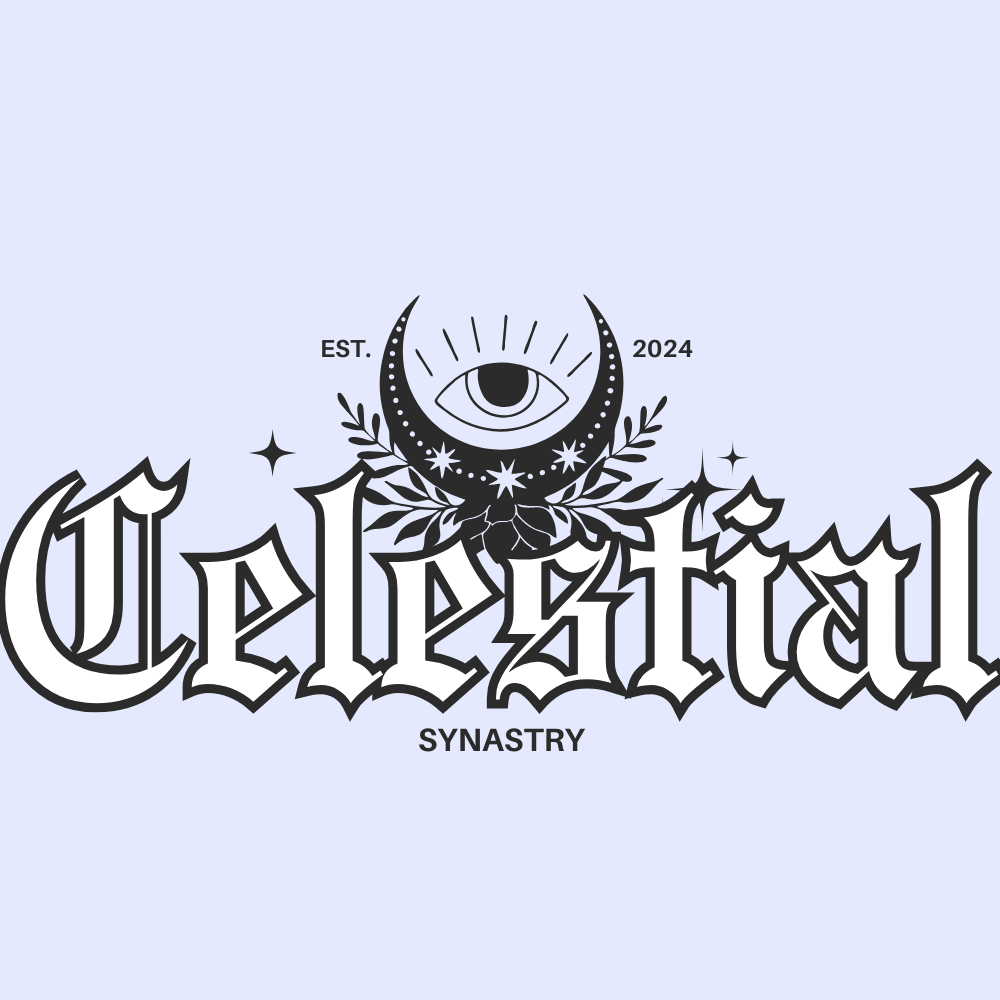Moon Aspects in Synastry
Selene & Endymion, George Frederic Watts
Moon is the most important celestial body in synastry, in my view. Venus, Mars and all the other planets, and of course the angles, are all highly important too - it is not at all my intention to discount their importance. However, their importance is situational, their meanings shift depending upon many factors. The Sun, of course, is very important too, but its expression is, by its fundamental nature, ungraspable. The Sun rules us, but we can't even look at it, quite literally or figuratively. The sun's energy and behavior is not direct, but is expressed partially through its dispositor (the planet(s) that rule the sign the Sun is in) and through its phasal relationship to the Moon. Everything comes back to the Moon in some way.
The Moon is a part of us that never changes, even though its effect on us may make us more changeable. Think about it: the Moon is connected to some of the most primordial aspects of our personality. Petra Mundik points this out in her examination of Cormac McCarthy’s surprisingly metaphysical novel, Blood Meridian: in that novel, the bright, firey and phallic solar illumination of the Sun casts too much into shadow to truly illuminate; it blasts, scorches, it overpowers, and therefore it also conceals. But in the the gentle, receptive and reflective light of the Moon, more subtle truths come to the surface. The Moon is the core of us, at our most delicate and plaintive. An inner child, of sorts.
The Moon, this childlike part of us, can often take a beating in synastry. In our hyper-individualist culture, having "needs", especially of other people, is quite gauche, if not outright weak. In this day and age, "needs" are to be ignored, nursed privately or quieted in some other way. In synastry, harsh Mars aspects mock the Moon and challenge it. Saturn criticizes it. The transpersonal planets bully it and take away its security, however meager. Jupiter in harsh aspect may deny its blessings of intellectual detachment and jollity; the Sun may understand, but not particularly care. Venus in harsh aspect may sting in a particularly strange way: its love nature may be completely misunderstood by the Moon, leaving both feeling cold and nullified. This goes even more so for two Moons in harsh aspect to each other. If one person's Moon is particularly meek and servile (Virgo, for example, or in aspect to Chiron) it runs the risk of being used and abused. If the Moon is exalted or otherwise very powerful (Cancer or Taurus) it risks prioritizing their own needs above everyone else's, alienating others.
Either way, it helps to think of the Moon as a toddler, as comical as it sounds: its tantrums and demands are not always to be indulged, but it must be made to feel heard and understood, or else it will keep acting out. This becomes apparent in Synastry when the unacknowledged Moon begins to show its shadow side - vengeful, passive-aggressive, cutting and cruel. The Moon must be both contained and managed, and respected. It acts without thinking, it is instinct - even more than Mars, which is impulse. This instinctive action of the Moon means that also, the Moon is capable of love and compassion without reservation - it comes without a price tag and without pretense, unlike some of the other points in our chart. The Moon’s responses are rooted deep within us, and also unlike these other points, they do not have an overt connection to sex, romance, finances, and so on…. But they are the impetus to kindness, loyalty, and care - like the love that flows between parent and child.
The Moon is tied to our core/generational wounds much more significantly than Chiron (which is slow moving enough to be somewhat generational, and tied to wounding through life experiences and self made mistakes depending on its house and aspects - more on this another time). The Moon is quite literally the closest celestial body to our human bodies, and in many ways, it represents the wounding of our parents too. Look at the Moon themes in your own family. Chances are, there is some similar theme running through all of them that affects you even now.
So how to deal with this in synastry? My advice is to always check the Moon first. Mars and Pluto will be harshest to it if in difficult aspect - outer planets will bully it (with one notable exception). Saturn is not so bad, but may cause the Moon to feel unduly criticized or rejected. The ideal connections to Moon in a relationship are Sun/Moon and Venus/Moon in any flowing aspect or conjunction. Jupiter/Moon is very nice, especially in a teacher/student relationship - especially the conjunction. Both will learn a lot. Saturn/Moon may indicate a difference in life goals or maturity if not an outright age gap, but as with anything Saturn, it can be very beneficial if the parties are okay with Saturn’s critical and practical energy. Uranus will destabilize it, but whether it is the thrilling, growth-filled kind of destabilization or the terrifying kind remains up the aspect (conjunctions should be treated with great care). Neptune in aspect to the Moon will be full of bliss, sublimating spiritual overtones and sweeping romantic statements and gestures - in harsh aspect, Neptune’s illusionary side will be in full effect, perhaps concealing very serious red flags. In harmonious aspect, these two can be quite beautiful, if still somewhat delusional. Spiritual growth either way.

